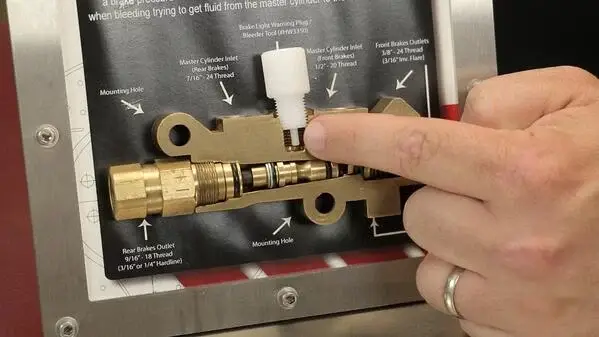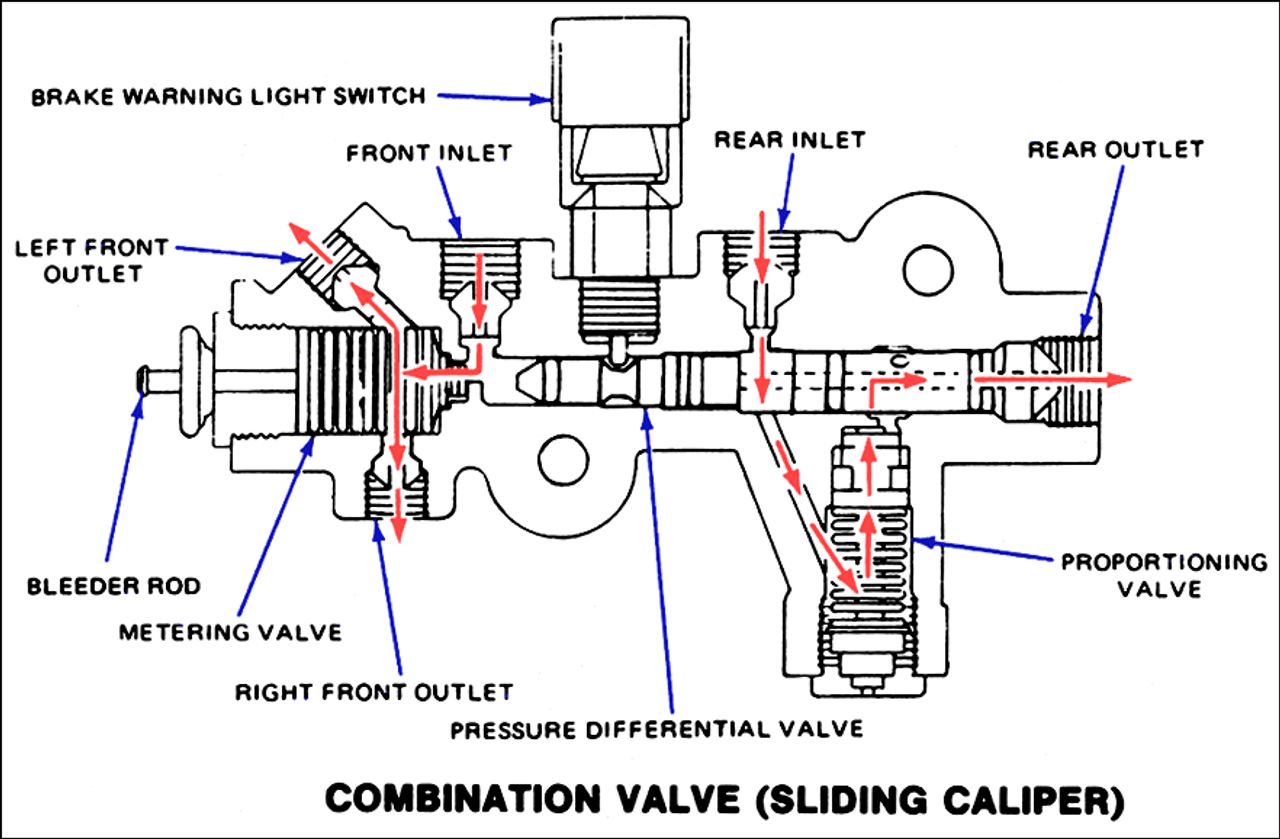I upgraded the factory single piston brakes to the S-10 / Blazer dual piston assembly a couple years ago. The spindles were from a 2001 2wd Trailblazer, all the rotating assembly, the brake rotors, pads and brake lines were replaced at that time. The master cylinder was replaced with a stock 1987 El Camino unit prior to this major replacement.
I did NOT replace the proportioning valve.
Rear brake drums and pads were replaced with stock GM 1987 El Camino units.
The difference after replacing the single piston brakes was tremendous. But the dual piston brakes have always seemed "touchy". The front brakes lock up quickly now. Even at low speed in parking lots they will lock up if not careful. Inspection of the rear linings shows them working.
How do I get rid of this "touchiness". Replace the proportioning valve? Is this the fundamental problem? What brand & part # is recommended?
Your thoughts and guidance is appreciated.
I did NOT replace the proportioning valve.
Rear brake drums and pads were replaced with stock GM 1987 El Camino units.
The difference after replacing the single piston brakes was tremendous. But the dual piston brakes have always seemed "touchy". The front brakes lock up quickly now. Even at low speed in parking lots they will lock up if not careful. Inspection of the rear linings shows them working.
How do I get rid of this "touchiness". Replace the proportioning valve? Is this the fundamental problem? What brand & part # is recommended?
Your thoughts and guidance is appreciated.







